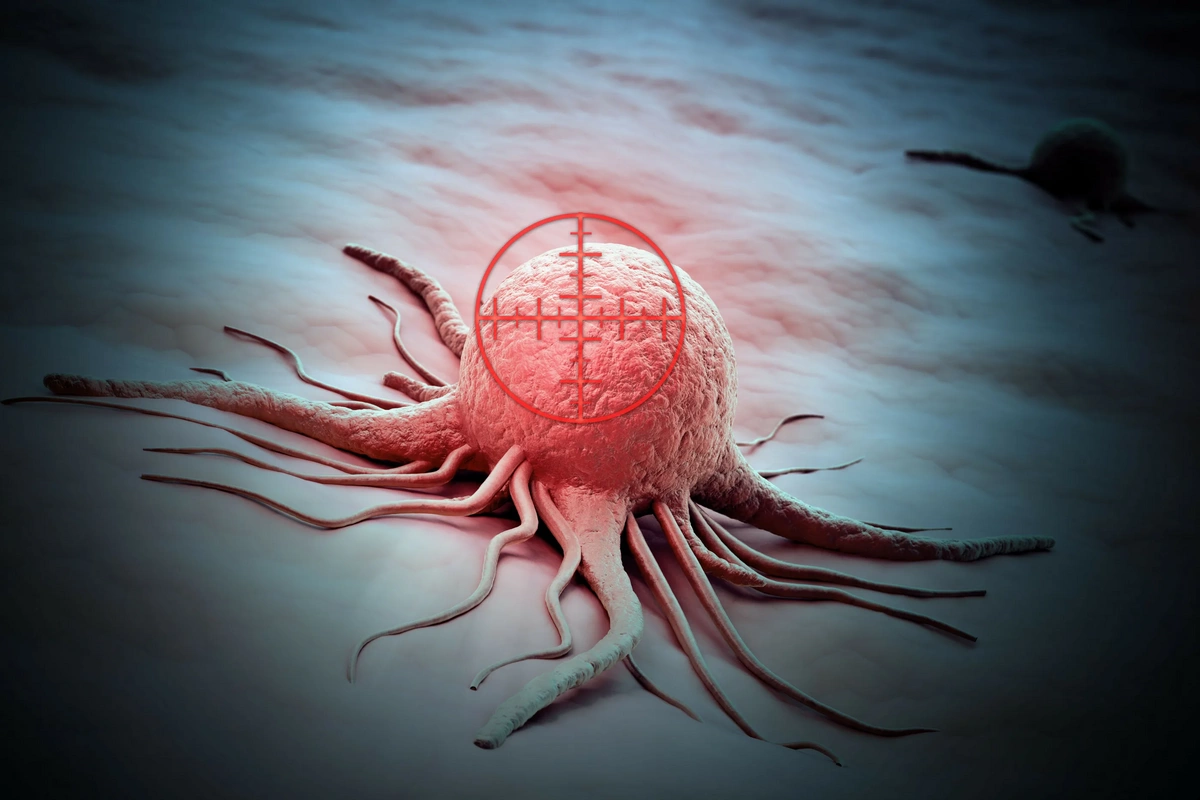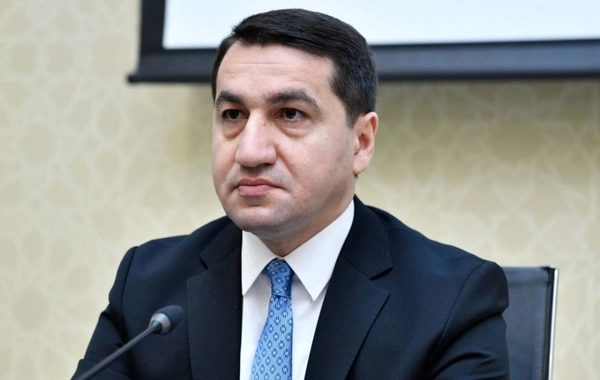Named a method to set the immune system against a cancer tumor

Previously, it was believed that the immune system fights cancer tumors, so it needed to be stimulated. Today, doctors believe that the immune system does not fight the tumor, which becomes invisible to it. However, there are medications that restore the immune system's ability to recognize the tumor, Dr. Elena Artamonova, an oncologist, Doctor of Medical Sciences, Professor, and Head of the Department of Antitumor Drug Therapy No. 1 at the N. N. Blokhin National Medical Research Center of Oncology, told "Gazeta.Ru".
According to Artamonova, the tumor "lures" the immune system to its side in three stages. First, the immune system effectively destroys the formed cancer cells, but some of these cells still manage to evade the immune system. This selects for tumor clones that know how to evade the body's defense system. After this comes the second stage - equilibrium - where sensitive cancer cells are destroyed, but those that weren't eliminated begin to multiply. Then comes the third stage of tumor progression, when these cells that know how to hide from the immune system begin to multiply and give us clinical manifestation. Therefore, it is completely useless to stimulate the immune system, as it no longer recognizes and destroys cancer.
"In addition, the immune system has cells that block and stop immune reactions. This is necessary to protect normal body tissues from the immune system. If they stop working properly, autoimmune diseases can occur. Such cells make up a small part of the immune system and are called minor, including regulatory T-lymphocytes (Treg) and myeloid suppressor cells. The tumor learns to attract them to its side so that they protect it from immunity; it itself begins to produce immunosuppressive molecules," Artamonova explained.
However, according to the doctor, medications have now been developed that help direct lymphocytes against the tumor, "re-educating" them back to protect the body from cancer.
"There are a number of immune checkpoint inhibitors. This is a cancer treatment method that blocks certain receptors on the surface of T-lymphocytes and on tumor cells. Such a blockade returns the immune system's ability to recognize the tumor. But they don't work very well for pancreatic cancer - possibly due to the characteristics of the tumor itself. And, if we're not considering patients with hereditary forms of cancer, most patients are elderly people who already have comorbidities. This greatly complicates treatment," added the oncologist.
Similar News
Expert revealed the main mistake we all make after a shower
Famous Spanish medical expert Boticaria Garcia in an interview with the popular publication La Nacion spoke about a serious mistake that many people make after...




 Azərbaycanca
Azərbaycanca  По-русски
По-русски  English
English 





